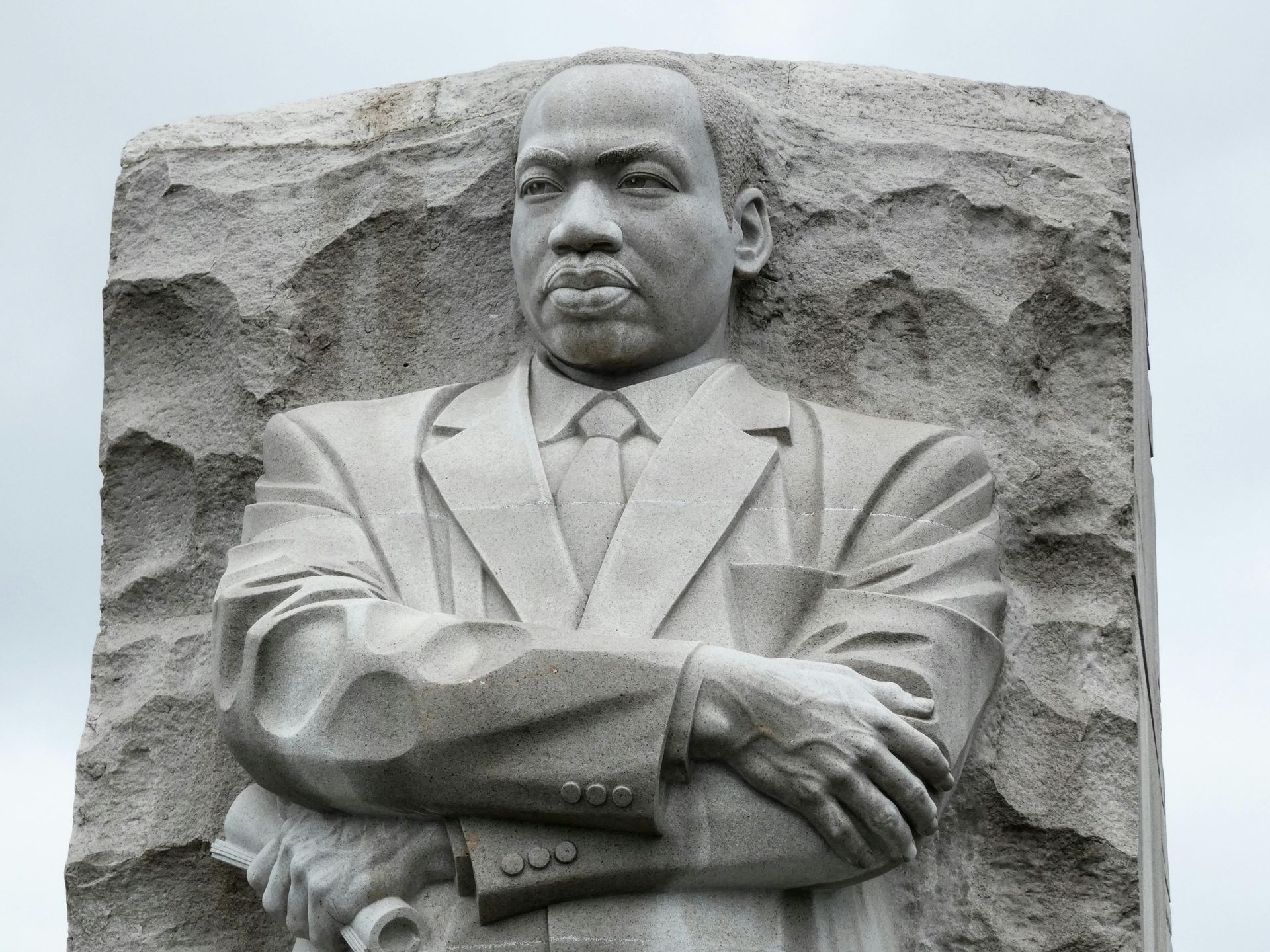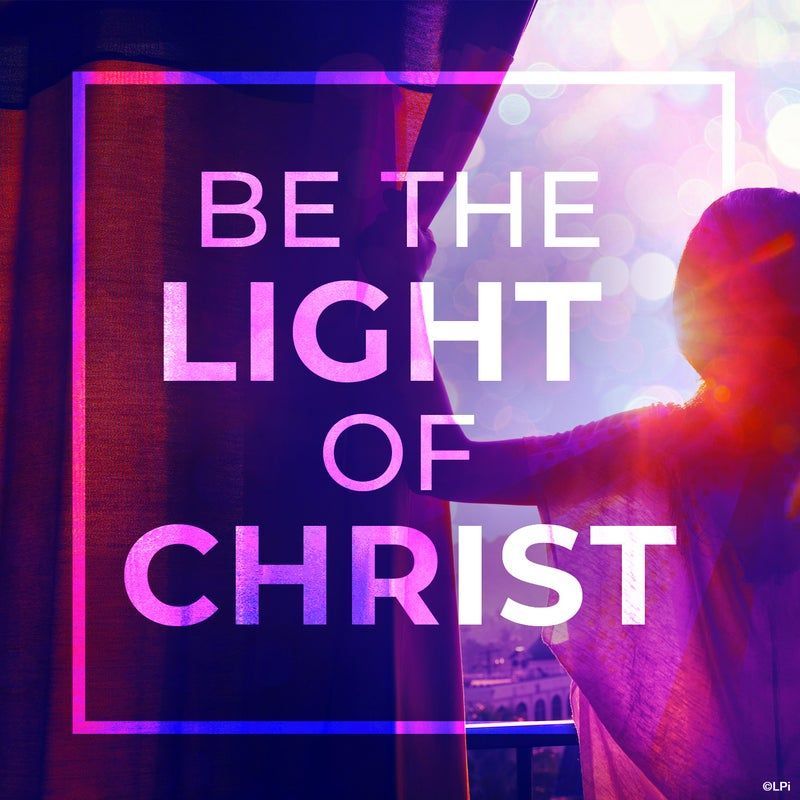21st Sunday of Ordinary Time Cycle B August 25, 2024
21st Sunday of Ordinary Time Cycle B
August 25, 2024
Campfires. Campfires are part of what summer is all about. As a child, I remember campfires at Y camp where we sang songs and watched skits with corny endings, “Hare today, Goon Tomorrow”. We also listened to stories of fables from American History or Indian lore. Campfires are places to reflect and think about life. As the embers fade, we would lie on our backs and look at the star-lit sky and think about what is out there. Reflections upon God and our place in the universe.
Last week I had a campfire with my sibs and some friends. We told stories about our childhood days and high school years and exchanged news about neighbors and old friends.
The words around the campfire are words like what Joshua says in today's first reading. As Joshua wanders with the exiles, he encourages them to remember all the good things God has done for them in the past and is doing for them today.
“Far be it from us to forsake the Lord”. The Lord has not forsaken us, we may just have to remember how the Lord has been with us. Come move a log close to the fire and reflect with me on our life of faith.
Look into the flames of the campfire and let your mind wander. Think about your life of faith, who has been a guide for you? Who first helped you learn what it means to be a follower of Christ? What times or moments helped you to know there is a living God?
I find myself staring into the fire and remembering my mother who got up early in the morning to get laundry done and get dinner started. As I came downstairs I would find her in her chair praying her rosary. Her break from work was time spent in prayer. Mom took all of us to church each week. We always seemed to arrive to an empty parking lot and church. We needed to be early to have those few moments for quiet prayer in the church.
I recall summer days spent wandering in the woods looking at the plants and the animals. As we rode our bikes in the cemetery, we got in trouble for this, I would find myself thinking about all the men and women of faith buried here.
I remember the plaque given to me on my confirmation, which still sits on my dresser, “What you are is God's gift to you, what you become is your gift to God.”
What about you? Whose face do you pull out of the fire?
“Far be it from us to forsake the Lord”
Look again into the fire, look up at the star-lit sky, see the bright shining moon. Think about how God is active in your life today.
I find myself experiencing God this week as I prayed with a family who has said goodbye to its father and the wife and who told me over and over, “I know he is at peace”.
I reflect upon the red sky I looked at the other night as the sun set on the horizon.
I see the faces of the children as they savor the flavors of summer at the Delaware County Fair.
When my cat jumps on my lap I feel his love for me and breath and prayer of thanksgiving to our God.
Now think back over your week, where was God in your days this week?
“Far be it from us to forsake the Lord”
We wake from our reverie in the flames of our campfire, but we go forth to recall all our God is doing for us. This time of peace and reflection nurtures our soul. We have experienced what the psalmist has told us is true, we have “Tasted and seen the goodness of the Lord.”

Now that we are beyond the Christmas season, we are returning to normal. In our first reading, Isaiah reminds us that we are servants. In this new year of grace, we are called to be servants. We are learning about humility; being humble means thinking less of myself and more of others. Is this what it means to be a servant? We hear the words of Isaiah as we begin the annual week of Christian unity. It is wonderful that men and women from different denominations can come together in prayer. This afternoon many will gather to remember the life and witness of Dr. Martin Luther King, Jr. Dr. King was a true servant to the mission of justice for all God’s people. Dr. King was a Christian who acted as a servant to the kingdom of God. Dr. King was a dreamer who shared his dream with the world. I have a dream that my four little children will one day live in a nation where they will not be judged by the color of their skin but by the content of their character. I have a dream . . . I have a dream that one day in Alabama, with its vicious racists, with its governor having his lips dripping with the words of interposition and nullification, one day right there in Alabama little black boys and black girls will be able to join hands with little white boys and white girls as sisters and brothers. I have a dream today . . . This will be the day when all of God’s children will be able to sing with new meaning. “My country, ’tis of thee, sweet land of liberty, of thee I sing. Land where my fathers died, land of the pilgrim’s pride, from every mountain side, let freedom ring.” And if America is to be a great nation, this must become true. So let freedom ring from the prodigious hilltops of New Hampshire. Let freedom ring from the mighty mountains of New York. Let freedom ring from the heightening Alleghenies of Pennsylvania. Let freedom ring from the snowcapped Rockies of Colorado. Let freedom ring from the curvaceous slopes of California. Being a servant of the gospel means being a dreamer who works to make the dream a reality. With our brothers and sisters of many faiths, we are servants of the kingdom of God. Like John the Baptist, we prepare the way for the coming of God’s kingdom. Each one of us, have been baptized and received the gift of the Holy Spirit. With the spirit to help us we are servants of the kingdom of God.

From Pope Leo’s Christmas homily: “For millennia, across the earth, peoples have gazed up at the sky, giving names to the silent stars, and seeing images therein. In their imaginative yearning, they tried to read the future in the heavens, seeking on high for a truth that was absent below amidst their homes. Yet, as if grasping in the dark, they remained lost, confounded by their own oracles. On this night, however, “the people who walked in darkness have seen a great light; those who dwelt in a land of deep darkness, on them has light shined” (Isaiah 9:2). Behold the star that astonishes the world, a spark newly lit and blazing with life: “To you is born this day in the city of David a Savior, who is the Messiah, the Lord” (Luke 2:11). Into time and space — in our midst — comes the One without whom we would not exist. He who gives his life for us lives among us, illuminating the night with his light of salvation. There is no darkness that this star does not illumine, for by its light all humanity beholds the dawn of a new and eternal life.” Stars are what this season of Christmas is all about. We look at the night sky and see the stars that remind us of the nativity of our Lord. At night God comes to speak to us in dreams. Sometimes the dreams tell what to do as they did for Joseph and the Magi. The star in today’s celebration is a star that points out the birth of the Christ child. Each child is born with a divine spark. Each human person has the dignity of being a child of God. I am reminded of the words of Leonard Bernstein. He calls his poem Greeting : “When a boy is born, the world is born again and takes its first breath with him. When a girl is born the world stops turning round and keeps a moment hushed wonder. Every time a child is born, for the space of that brief instant, the world is pure." This time of year, we celebrate the birth of our God. The stars on our trees remind us of our connection with our God. The words of Frost are appropriate here: O Star (the fairest one in sight), We grant your loftiness the right To some obscurity of cloud— It will not do to say of night, Since dark is what brings out your light. Some mystery becomes the proud. But to be wholly taciturn In your reserve is not allowed. Say something to us we can learn By heart and when alone repeat. Say something! And it says, ‘I burn.’ But say with what degree of heat. Talk Fahrenheit, talk Centigrade. Use language we can comprehend. Tell us what elements you blend. It gives us strangely little aid, But does tell something in the end. And steadfast as Keats’ Eremite, Not even stooping from its sphere, It asks a little of us here. It asks of us a certain height, So when at times the mob is swayed To carry praise or blame too far, We may choose something like a star To stay our minds on and be staid. Like Mary, we ponder all these things in our heart. As we begin this new year, we are to be like the star who ponders all things. Sometimes it will mean to burn, it will not always be clear, but with the heart of Christ to guide us we will make sense of it. On this New Year's Day, we look to the stars and ponder what this Christmas 2025 has meant to us.

Isaiah prophesied: The people who walked in darkness have seen a great light; upon those who dwelt in the land of gloom a light has shone. (Is 9:1) John the Evangelist wrote: ...the light shines in the darkness, and the darkness has not overcome it…(Jn 1:5) The true light, which enlightens everyone, was coming into the world (Jn 1:9) And Jesus said: ...I am the light of the world. Whoever follows me will not walk in darkness, but will have the light of life…(Jn 8:12) Beginning with Isaiah’s prophecy of the Light of Emmanuel — God-with-us — some 2,800 years ago, through to Christ’s entry into this world of darkness in Bethlehem as the Child of Light, to his ministry of Light and Life, and racing through the millennia to us today throughout the world, to us here in St. Mary’s parish, to the family whose children were baptized at St. Mary’s this past weekend: The True Light of the World, the Dayspring from on high, the One Morning Star that never sets, the Word who existed in the beginning with God and who, from the beginning, was God, Jesus Christ the Light continually breaks into the darkness of our world and dark nights of our lives. At each Christmas, in the dark night of the world, we celebrate the daybreak of the Light of Christ coming into the world. At each Easter, we celebrate the breaking forth of the Light and Life of the Resurrected Christ from the darkness of the tomb of sin and death. And at each baptism, we recall and celebrate both, as we light the baptismal candle from the Paschal candle (that is, the Christ Candle) and say to the newly baptized, “Receive the Light of Christ.” We then give the parents and godparents, but frankly all of us , a solemn charge: This light is entrusted to you to be kept burning brightly. This child…has been enlightened by Christ. [They are] to walk always as a child of the light. We are to walk not only as children of God enlightened by Christ, but we are to walk also — each one of us — as bearers of Christ and His Light into the world. We can each bear a torch of the Christ Light as we walk with one another through the dark valleys of the night of each other’s lives, illuminating the darkened path for our sisters or brothers, walking with them as long as we can, until another bearer of Christ’s Light joins us to journey with them further. Never underestimate the brightness of Christ’s Light in the smallest of actions, a kind word or simple deed. In fact, St. Mother Teresa of Kolkata counselled that the smallest of our actions may be infused with the brightest light of love. She said: Don’t look for the big things, just do small things with great love…the smaller the thing, the greater must be our love. And never forget that a light appears as its brightest in the deepest dark of night. The Christ Light in the smallest of our actions may be the brightest light in the darkest part of the night of someone's life. My sisters and brothers, the Light of Christ has been entrusted to us to be kept burning brightly, not for ourselves alone, but for the life of the world. Let us walk with one another, sharing the Christ-Light entrusted to us with each other and with the world outside the walls of this Church!



